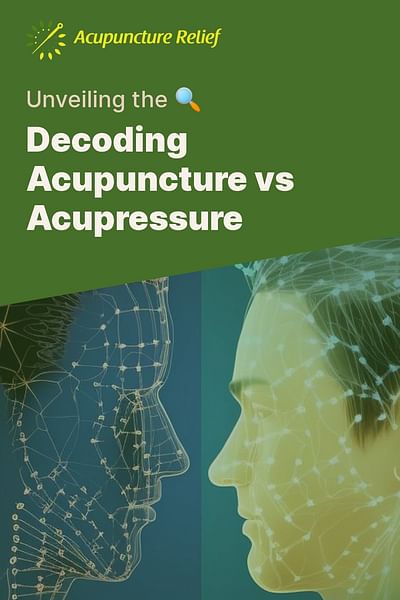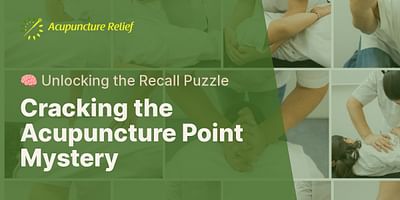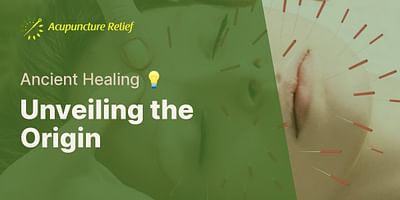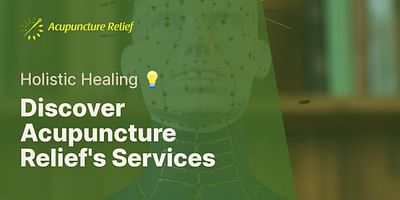Brooke Collier, Ph.D., is a certified acupuncturist boasting over 15 years of experience in the industry. She obtained her Doctorate in Acupuncture and Oriental Medicine from the Pacific College of Oriental Medicine. Specializing in pain management and women's health, Brooke is dedicated to informing the public about the numerous advantages of acupuncture and holistic health practices.
Acupuncture and acupressure are both ancient healing techniques that have been used for thousands of years to promote health and well-being. While they share similarities, there are some key differences between the two practices.
Acupuncture:
Acupuncture is a form of Traditional Chinese Medicine (TCM) that involves the insertion of thin, sterile needles into specific points on the body. These points, known as acupuncture points or acupoints, are located along energy pathways called meridians. The goal of acupuncture is to restore the flow of energy, or Qi (pronounced "chee"), throughout the body.
During an acupuncture treatment, a licensed acupuncturist will carefully select the appropriate acupoints based on your specific condition or symptoms. The needles are typically left in place for 15-30 minutes, during which time you may experience a sensation of warmth, tingling, or heaviness. Acupuncture is generally painless and is often described as deeply relaxing.
Acupuncture is commonly used to treat a wide range of conditions, including pain, stress, anxiety, digestive disorders, sleep problems, and women's health issues. It is also frequently used as a complementary therapy for chronic conditions such as arthritis, migraines, and fibromyalgia.
Acupressure:
Acupressure, on the other hand, is a non-invasive technique that involves applying pressure to specific acupoints on the body. Instead of using needles, acupressure utilizes the fingers, hands, elbows, or special tools to stimulate the acupoints.
By applying pressure to these points, acupressure aims to promote the flow of Qi and restore balance in the body. This can be done through gentle rubbing, tapping, or holding the acupoints for a period of time. Acupressure can be performed by a trained practitioner or self-administered for self-care.
Acupressure is often used for pain relief, relaxation, stress reduction, and overall well-being. It can be particularly effective for headaches, muscle tension, nausea, and menstrual cramps. Many people find acupressure to be a convenient and accessible alternative to acupuncture, as it can be done anywhere and at any time.
Key Differences:
While both acupuncture and acupressure work with the body's energy system, there are a few notable differences between the two techniques:
1. Stimulation: Acupuncture involves the insertion of needles, while acupressure uses pressure applied with the fingers or other tools.
2. Sensation: Acupuncture may cause a slight sensation upon needle insertion, whereas acupressure typically does not produce any discomfort.
3. Depth of Treatment: Acupuncture needles penetrate the skin, reaching deeper tissues, while acupressure focuses on stimulating the surface of the skin.
4. Practitioner Involvement: Acupuncture is often performed by a licensed acupuncturist, while acupressure can be self-administered or performed by a trained practitioner.
5. Scope of Conditions: Acupuncture is more commonly used for a wide range of conditions, while acupressure is often used for more localized issues or general relaxation.
In Conclusion:
Both acupuncture and acupressure are valuable techniques for promoting health and well-being. Acupuncture involves the insertion of needles into specific points on the body, while acupressure applies pressure to these points. Acupuncture is often used for a wide range of conditions, while acupressure is commonly used for pain relief and relaxation. Whether you choose acupuncture or acupressure, both techniques can be effective in restoring balance and promoting overall wellness.
For more information on acupuncture and acupressure techniques, benefits, and costs, please visit our site, Acupuncture Relief. We are dedicated to providing you with valuable resources and information on all things acupuncture.















